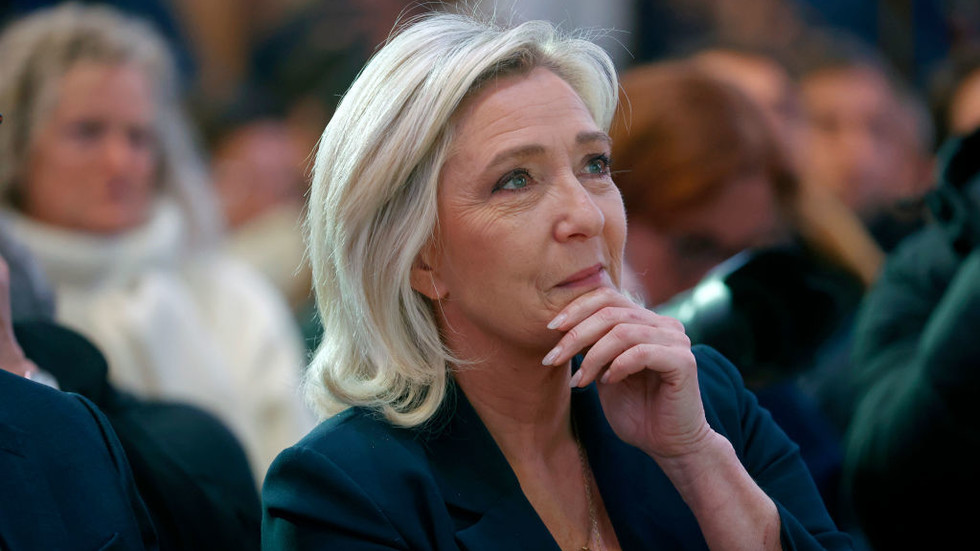
US President Donald Trump (Image: Getty)
Donald Trump has warned Iran that “there will be bombing” if it refuses to reach a deal over its nuclear program. In a phone call with NBC News’ Kristen Welker on Sunday, the US President stated his willingness to escalate the situation.
He said: “If hey don't make a deal, there will be bombing. It will be bombing the likes of which they have never seen before."
There’s a chance that if they don’t make a deal, that I will do secondary tariffs on them like I did four years ago that brought them to a position that they very much wanted to be.” Mr Trump’s remarks indicate his willingness to step up US pressure on Iran as the two countries continue to clash over Tehran’s nuclear ambitions. This latest threat comes amid rising tensions since Mr Trump returned to the White House, with the US President repeatedly making clear that he will not allow Iran to develop nuclear weapons.
CNN guest warns of Trump's 'next two targets for invasion'
Tensions have been high ever since Mr Trump’s withdrawal from the 2015 nuclear deal, known as the Joint Comprehensive Plan of Action (JCPOA), during his first term, and his subsequent accusations that Iran had violated the terms of the agreement.
This move led to the reimposition of severe sanctions and increased hostilities, with both sides accusing each other of not fulfilling their commitments.
In response to Mr Trump’s recent overtures, Iranian President Masoud Pezeshkian announced on Sunday that Iran had rejected the possibility of direct negotiations with the US over the nuclear issue.
He said: "Although the possibility of direct negotiations between the two sides has been rejected in this response, it has been emphasised that the path for indirect negotiations remains open.”

Iranian President Masoud Pezeshkian (Image: Getty)
Invalid email
We use your sign-up to provide content in ways you've consented to and to improve our understanding of you. This may include adverts from us and 3rd parties based on our understanding. You can unsubscribe at any time. Read our Privacy Policy
The US’s hardline approach continues to strain relations.
In recent weeks, tensions have flared further. The United States recently conducted raids on Houthi targets in Yemen in response to escalating attacks on commercial vessels and regional instability.
The strikes followed evidence that the Houthis were using encrypted messaging apps like Signal to co-ordinate operations, raising concerns over their ability to evade detection.
US officials have warned that such actions, including Houthi support for militant groups, will be met with continued military force to secure maritime routes and counteract the threat.

The US launched raids on Yemen against Houthi targets earlier this month (Image: Getty)
Mr Trump’s continued threats of bombing and secondary sanctions reflect his strategy of applying maximum pressure on Iran to force it into a deal.
Such a tactic could cripple Iran’s economy even further, given the widespread international reluctance to engage in trade with a country that faces severe US-imposed tariffs.
If these sanctions are reintroduced, they would make it even more difficult for Iran to secure the economic relief it seeks, potentially driving it back to the negotiating table.
The international community remains divided on how to handle the escalating crisis. While European powers have urged the US to return to the nuclear deal and seek a diplomatic resolution, the Trump administration has made it clear that it will not back down.
With Mr Trump intensifying his rhetoric and military threats, the next few weeks may determine whether diplomacy will prevail or if the situation will escalate into military conflict.

 1 day ago
5
1 day ago
5









 English (US) ·
English (US) ·